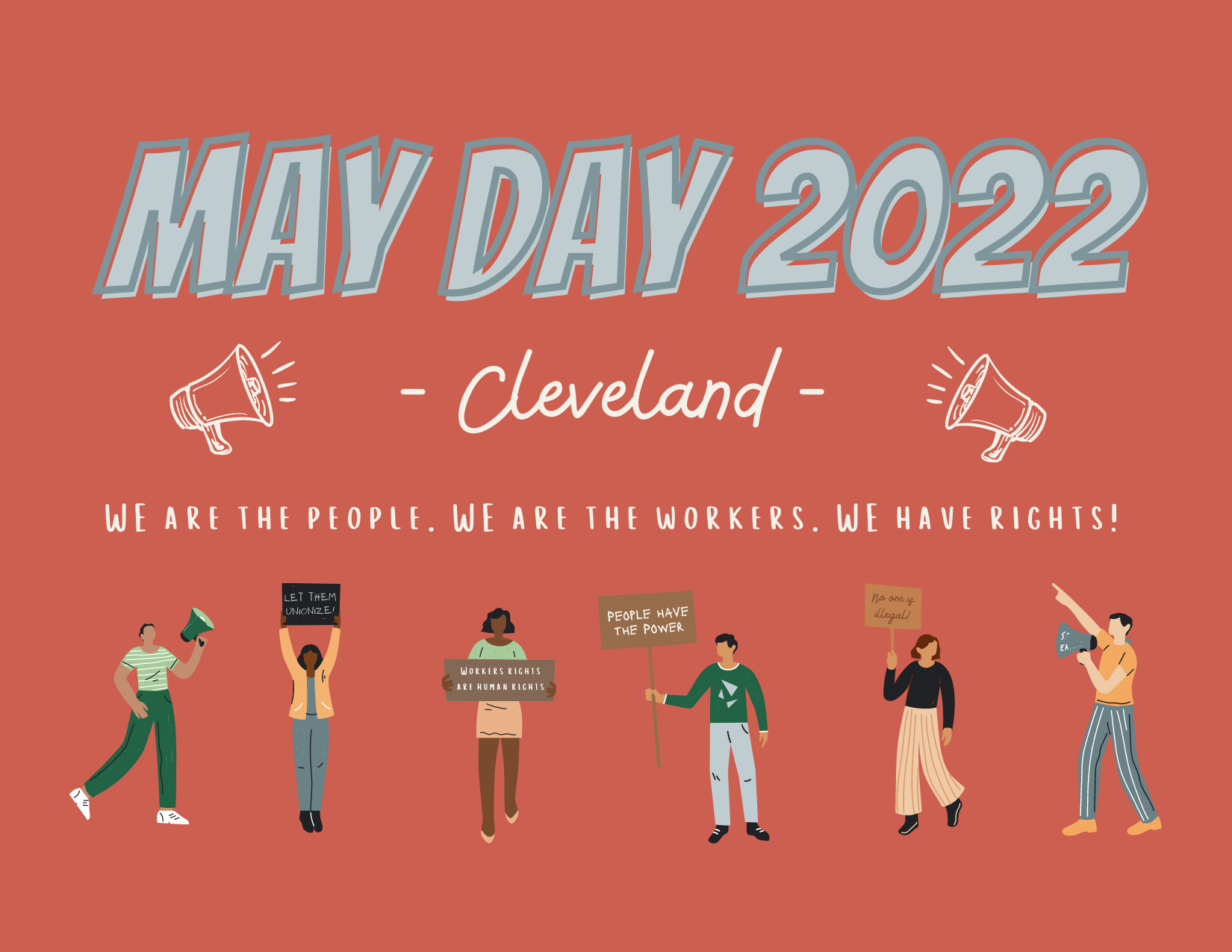In scenes that were chillingly reminiscent of the 1980s, in the midst of the ongoing State of Emergency in El Salvador, the state put up many now-standard obstacles to those who came out to march: intimidating searches by the military and over 20 police barricades blocking highways and turning away buses across the country. But the people were determined. With tremendous courage, labor unions and popular organizations held fast to their claim to May 1 as thousands took to the streets.
- Home
- About Us
- Issues
- Countries
- Rapid Response Network
- Young Adults
- Get Involved
- Calendar
- Donate
- Blog

